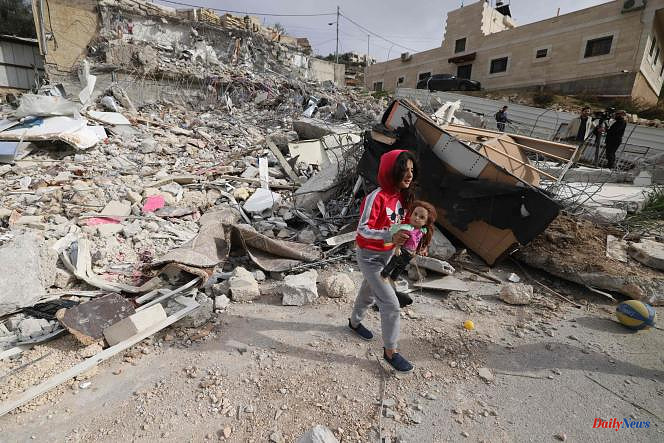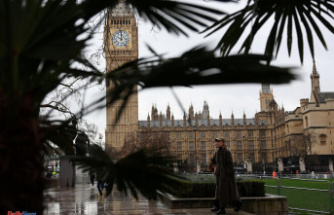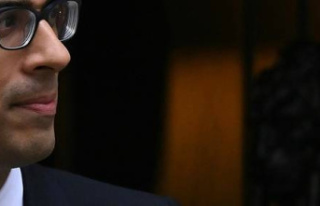Prime Minister Binyamin Netanyahu promised on Saturday January 28 a "strong" response and retaliatory measures "towards the families of terrorists". On Sunday, January 29, Israeli soldiers sealed off the entrances to the home of Khayri Alqam, the perpetrator of the attack that killed seven people on Friday, as well as that of the 13-year-old teenager who on Saturday injured two Israelis in Silwan, two steps from the Old City walls.
Israel previously only demolished the homes of Palestinians who kill Israelis. And that process involved giving notice to the families and an appeals process. But in Khayri Alqam's case, the house was quickly sealed off without notice or appeal, a move "taken in complete disregard of the rule of law", said Dani Shenhar of the Israeli rights organization HaMoke humans.
For Israel, demolishing the homes of Palestinians accused of attacks has a chilling effect, but critics of the practice denounce it as collective punishment.
Bill to revoke identity cards
After a meeting overnight Saturday-Sunday, Israel's security cabinet also announced the revocation of Social Security rights for "families of terrorists who support terrorism." He also pointed out that a bill to revoke "Israeli identity cards" for this same category of families would be discussed Monday in the Council of Ministers.
These measures apply to Palestinians with Israeli nationality, such as Israeli Arabs, and Palestinians with resident status in East Jerusalem. They are in line with the proposals of Mr. Netanyahu's far-right political partners.
The security cabinet has also decided to make it easier for civilians to obtain weapons licenses.
"Death Spiral"
The Palestinian attacks in East Jerusalem, which have not been claimed, came after ten Palestinians, including fighters and a woman in her 60s, died on Thursday in an Israeli military raid in Jenin in the West Bank, Palestinian territory occupied by Israel since 1967, the bloodiest of recent years. And the violence has not stopped since.
On Sunday, Israeli security guards killed an 18-year-old Palestinian man near an Israeli settlement in the West Bank, according to Palestinian authorities. The army said he was armed. A Palestinian house and vehicle in the West Bank village of Turmus Ayya were set on fire.
According to the official Palestinian agency WAFA, 120 cars were the target of stones thrown by Israeli settlers and 22 shops were attacked in Nablus in the West Bank on Saturday evening.
The violence raises fears of a new spiral, and calls for restraint have multiplied from abroad. “The spiral of death growing day by day is extinguishing the rare glimmers of trust that exist between the two peoples,” Pope Francis lamented on Sunday.
US Secretary of State Antony Blinken, after Cairo, is expected in Jerusalem and Ramallah on Monday and Tuesday to discuss steps for de-escalation. French President Emmanuel Macron, meanwhile, urged Israelis and Palestinians on Sunday to “avoid measures that could fuel the spiral of violence,” according to a statement from the Elysee Palace.












